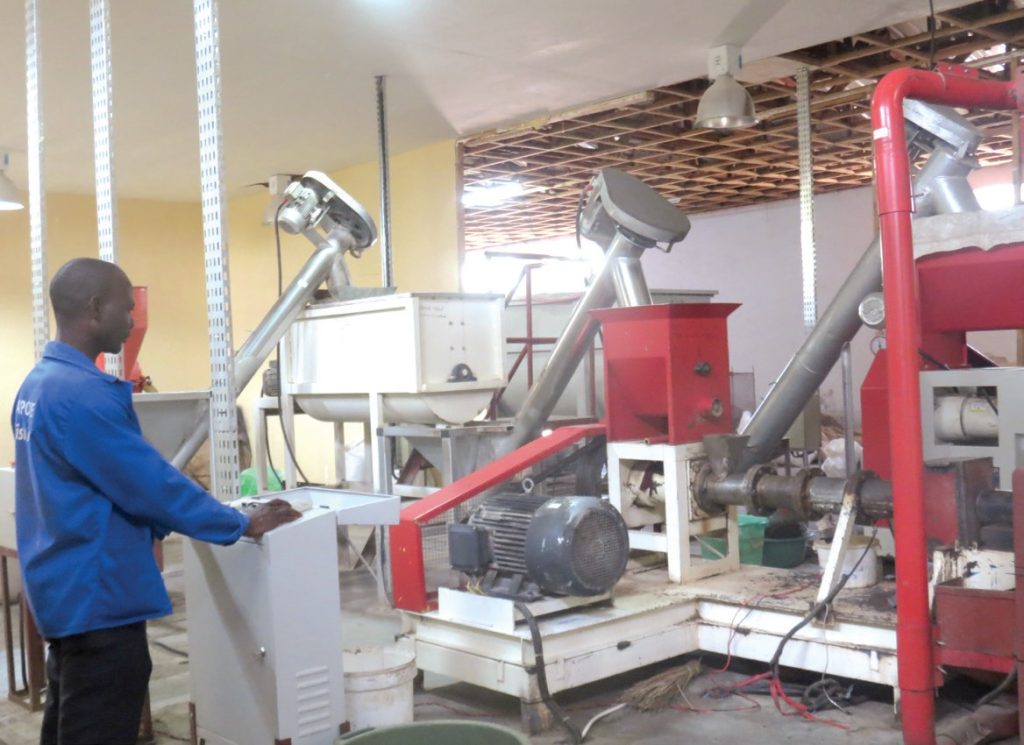Local firms dared on accountability
Ministry of Justice and Constitutional Affairs has dared local firms to embrace accountability as the country accelerates reforms to align labour laws and corporate practices with international business practices.
Speaking at a stakeholders’ dialogue in Lilongwe on Friday, Ministry of Justice and Constitutional Affairs senior deputy director of assets recovery Matthews Gamadzi advised businesses to strengthen compliance structures, eliminate abusive practices and ensure responsible operations across their supply chains.

He said the reforms seek to close the gap between the country’s current regulatory framework and the expectations set out in the United Nations (UN) Guiding Principles on Business and Human Rights.
Gamadzi said the private sector can no longer operate as though the responsibility for upholding rights lies solely with the State.
“Businesses have an obligation to protect and respect human rights. While they are making profit, they should ensure they do not trample upon the rights of citizens in the communities where they operate,” he said.
Gamadzi said the National Action Plan will help to reinforce domestic law, particularly around child labour, human trafficking and fair employment standards.
Malawi has faced repeated scrutiny for rights violations in export-oriented sectors such as agriculture, an issue that has threatened access to key international markets.
In November 2019, the US government, through Customs and Border Protection issued a Withhold Release Order (WRO), restricting importation of tobacco from Malawi allegedly due to use of forced and child labour in tobacco production.
Following the WRO, tobacco shipments arriving in USA was being detained at the port of entry before being subjected to heavy scrutiny to prove that the leaf is not produced with child labour, which is prohibited under the US law.
In 2020, the US government removed some of the restrictions it imposed in 2019 on some companies who buy tobacco from Malawi and export it to the USA.
Gamadzi said the action plan, once completed and adopted, will deal with the issue of child labour, adding that companies will have an obligation to protect rights, including child rights.
Malawi’s labour law review, covering legislation such as the Employment Act and Labour Relations Act, is currently underway to ensure alignment with International Labour Organisation conventions and emerging workplace risks.
In an interview, Malawi Human Rights Commission deputy director for economic, social and cultural rights Lucious Pendame said the reforms are necessary because business growth in Malawi has not always translated into fair treatment of workers and surrounding communities.
“When businesses are thriving, there is an increased in registered violations. This initiative is important because it will put in place mechanisms to mitigate the excessive effects of those violations on people who benefit from business,” he said.
Trade union representatives echoed concerns that while Malawi is making progress in updating its regulatory frameworks, enforcement capacity remains weak.
They said consultations will continue in districts nationwide before the National Action Plan is finalised and submitted for government approval.
The dialogue brought together representatives from the Ministry of Justice, Malawi Congress of Trade Unions, United Nations Development Programme and district council representatives.





